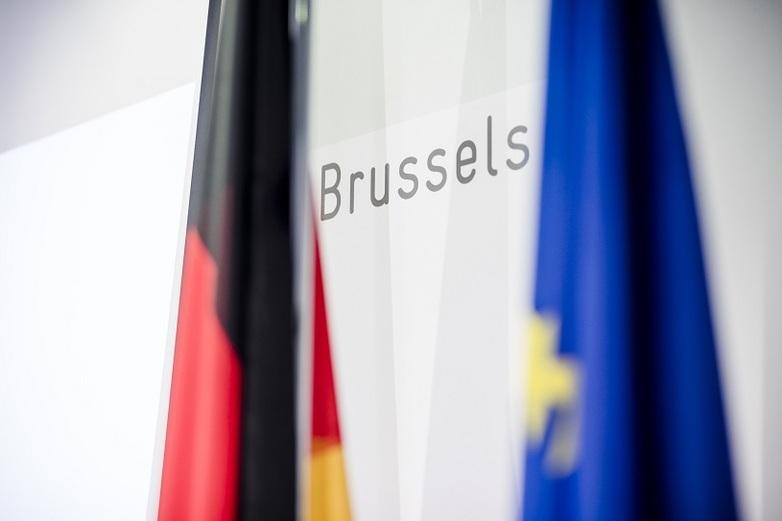Context
The European Union (EU) is a political union of sovereign states. Through its institutions, it offers significant potential to tackle global challenges. This collaborative approach is also reflected in the German Government’s coalition agreement. The Federal Ministry for Economic Cooperation and Development (BMZ) and the German Government as a whole put forward various policy priorities during Germany’s presidency of the Council of the EU in 2020, which the EU is now putting into practice.
Objective
BMZ plays a role in shaping EU development policy and contributes to European solutions. German development policy priority areas are mainstreamed in EU agendas in the long term. Moreover, European ideas, approaches and priorities are incorporated into Germany’s development policy to a greater extent.

